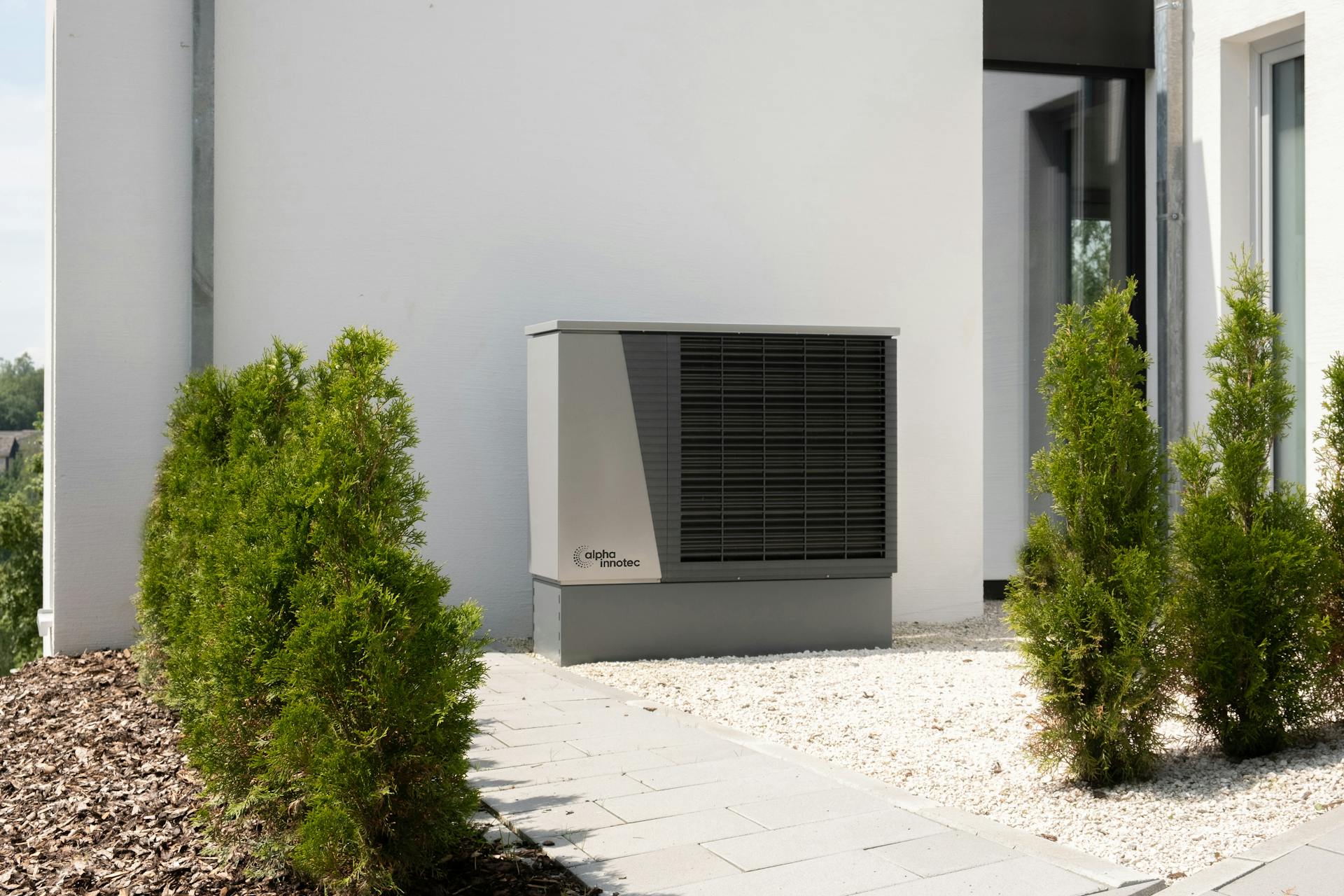

Question: What is More Efficient Than a Heat Pump?
Answer: Home heating and cooling that is more efficient than a heat pump include geothermal heat pumps, also known as ground-source heat pumps. They are generally more efficient than standard air-source heat pumps.
Exploring High-Efficiency Heating and Cooling Alternatives
Heat pumps offer a significant upgrade in efficiency compared to traditional furnaces and air conditioners. However, advancements in technology continue to push the boundaries of energy efficiency in home comfort. This article explores several alternatives that, in specific scenarios, might surpass the performance of a standard heat pump.
Geothermal Heat Pumps
Geothermal heat pumps harness the stable temperature of the earth to provide heating and cooling. They transfer heat between your home and the ground or a nearby water source. Because the earth maintains a relatively constant temperature year-round, geothermal systems operate more efficiently than air-source heat pumps, especially in extreme climates.
Advantages of Geothermal
Consistent Performance:
Geothermal systems maintain high efficiency even in very cold or hot weather.Lower Operating Costs:
They consume less energy than air-source heat pumps, leading to significant long-term savings.Longer Lifespan:
Geothermal systems typically last longer than conventional HVAC equipment.
Considerations for Geothermal
Higher Initial Cost:
Installation requires excavation, making it more expensive upfront.Land Requirements:
Adequate space is necessary for the ground loops or water source access.
Click here for more information on realtors near me Orangeville
Related Article: Is It Cheaper to Leave Heating on Low All Day?
Related Article: Does a Heat Pump Use a Lot of Electricity?
Solar-Assisted Heat Pumps
Solar-assisted heat pumps integrate solar thermal collectors to pre-heat the refrigerant used in the heat pump cycle. This reduces the workload on the compressor, improving overall system efficiency and reducing electricity consumption. These systems capitalize on renewable energy, contributing to a smaller environmental footprint.
Advantages of Solar-Assisted Heat Pumps
Reduced Reliance on Electricity:
Utilizes solar energy to decrease energy consumption.Environmentally Friendly:
Reduces greenhouse gas emissions.
Considerations for Solar-Assisted Heat Pumps
Climate Dependence:
Performance varies based on sunlight availability.Installation Complexity:
Requires specialized installation and integration of solar collectors.
Passive House Design
While not a specific technology, passive house design principles represent a holistic approach to building energy efficiency. These principles emphasize airtight construction, superior insulation, and optimized ventilation to drastically reduce heating and cooling needs. A well-designed passive house minimizes energy consumption to a level where even a highly efficient heat pump may not be necessary.
Advantages of Passive House
Ultra-Low Energy Consumption:
Significantly reduces or eliminates the need for traditional heating and cooling systems.Enhanced Comfort:
Provides consistent temperatures and improved indoor air quality.
Considerations for Passive House
Higher Construction Costs:
Achieving passive house standards requires specialized materials and expertise.Design Limitations:
Specific design constraints may influence architectural choices.
High-Efficiency Furnaces with Zoned Heating
While not as efficient as heat pumps in moderate climates, advancements in furnace technology have led to the development of high-efficiency condensing furnaces. Pairing these furnaces with zoned heating systems allows for targeted temperature control, further optimizing energy usage. This combination can prove more cost-effective than a heat pump in specific scenarios, especially in areas with very cold winters.
Advantages of Zoned Heating
Customized Comfort:
Allows for different temperatures in various zones of the house.Reduced Energy Waste:
Heats only the occupied areas of the home, optimizing energy usage.
Considerations for Zoned Heating
System Complexity:
Requires specialized zoning equipment and installation.Not as Efficient as Heat Pumps in Moderate Climates:
Best suited for very cold climates.
Improved Insulation and Air Sealing
Before considering alternative technologies, optimizing your home’s insulation and air sealing offers a cost-effective approach to significantly improve energy efficiency. Proper insulation and air sealing reduce heat loss in winter and heat gain in summer, thereby decreasing the workload on any heating or cooling system, including a heat pump. This relatively simple upgrade can sometimes yield substantial energy savings.
Advantages of Improved Insulation and Air Sealing
Cost-Effective:
Offers a lower-cost solution compared to replacing entire HVAC systems.Improved Comfort:
Reduces drafts and maintains more consistent temperatures.
Considerations for Improved Insulation and Air Sealing
Disruption During Installation:
May require some level of disruption depending on the extent of the work.Expertise Required:
Proper installation requires skilled professionals to ensure effectiveness.
Conclusion
While heat pumps remain a highly efficient choice for heating and cooling, exploring alternative solutions can uncover even greater energy savings in certain circumstances. Geothermal systems, dual-fuel configurations, solar-assisted heat pumps, passive house principles, high-efficiency furnaces with zoned heating, and improved insulation offer distinct advantages depending on individual needs and climate conditions. Careful consideration of these options alongside consultation with a qualified HVAC professional can help homeowners make informed decisions that maximize energy efficiency, comfort, and long-term cost savings. By thoroughly evaluating these factors, you can select the most suitable and efficient system for your home. [ 1 ]
References
1. https://www.moneysense.ca/spend/real-estate/renovations/cost-heat-pump-vs-furnace-in-canada/


